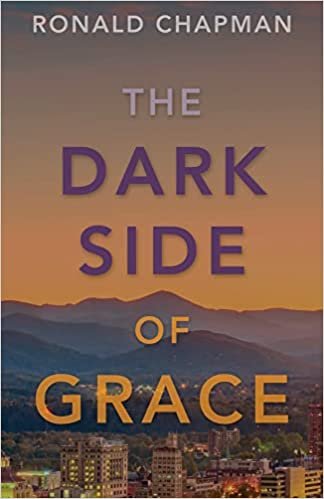Speaking True: Translating the World
/Most of what we experience comes through our experience ... we translate the world.
Let me give you an example. When I was a kid, 15 years old, I played football, and I remember a particular day coming home from football practice. It was sleeting in southern Oklahoma. It was cold and blustery. And I was tired and famished. I remember coming around the corner where I could see my house lit up in the dusk, the windows were steamed. I remember jumping up on the porch, opening the door, and being slammed by the odor of pinto beans, ham hocks, and cornbread.
Yeah. Hopefully, you felt the effect of that. The effect of that was --- I'm home. It's warm. I'm nurtured.
So my experience of the cornbread, the beans, and the ham hocks had less to do with reality than it had to do with how I experienced the reality.
Here's the funny part. To this day, the smell of cornbread, not so much beans, but the smelling of cornbread, flashes me back. It makes me feel something regardless of the circumstances I'm in. It's a favorite, especially if it's got that nice crusty outer edge because it's been cooked in a cast iron skillet, which is exactly how I remember it.
You see, presumably there are cornbread, beans, and ham hocks in the world. But my experience of that particular meal is entirely predicated on something that is long in the past and absolutely different from your experience.
Why is this a valuable thing?
Well, I mean cornbread, of course, but there's a more important reason for us to embrace this idea. It means that everyone - everyone is having some kind of experience based on their own experience, which doesn't make ours wrong. It means that theirs too is right.
That's a game-changer. It will change your mind and change your life. And it will also cut a lot of people a great deal of slack. Give it a try.













